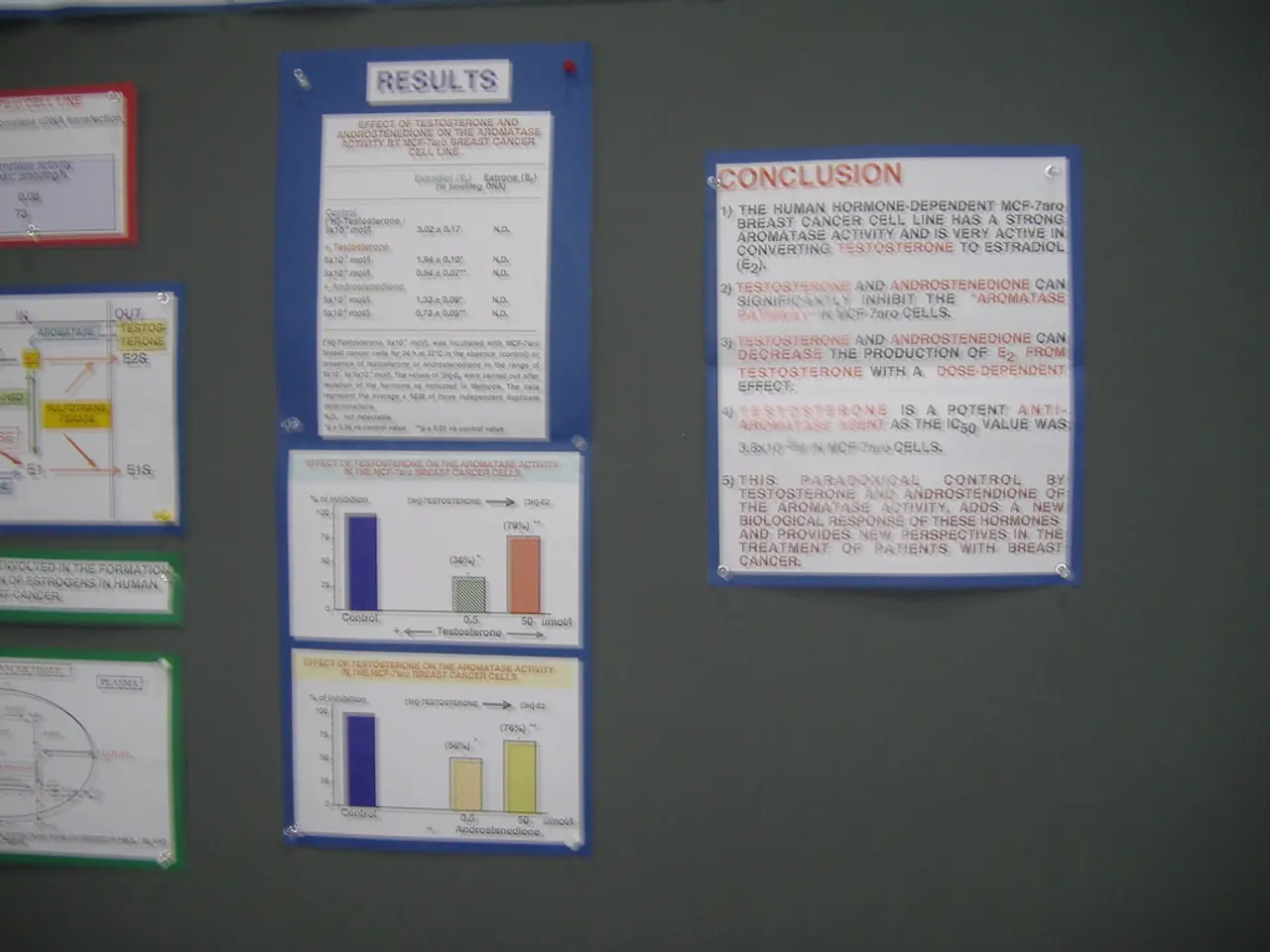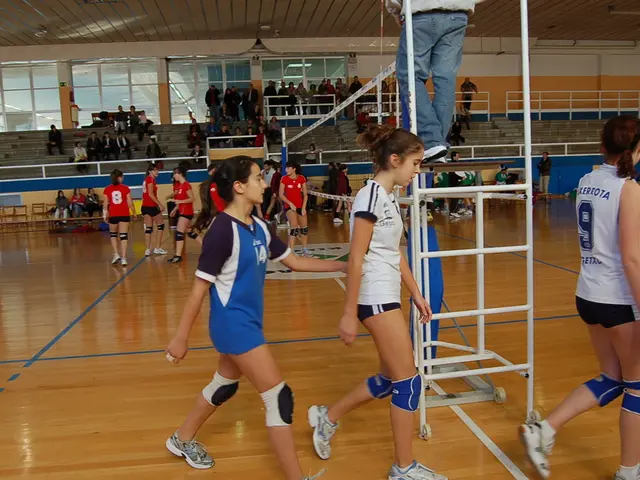Opposition advances government's setback: they drive initiative to restrain Milei's authority over DNU
In a significant turn of events, opposition deputies in the Chamber of Deputies have called for the summoning of the Commissions on Constitutional Affairs and Complaints, Power and Rules, and Health. The purpose of this summoning is to issue an opinion regarding the request to relieve the General Secretary of the Presidency, Karina Milei, Health Minister Mario Lugones, and Chief of Staff Guillermo Francos due to suspicion of bribery related to the National Agency for Disabled. The deputies who made this request have not been publicly specified.
The summons was approved by a show of hands for Tuesday, September 23, at 2:00 PM. The request was made by Deputy Itai Hagman (Union for the Homeland), who stated that there is sufficient evidence for an explanation from the Executive Power, which has not yet occurred. Deputy Hagman asserted that the government's policy is inhumane and corrupt, tightening screws on people with disabilities while setting up a looting scheme with supplying companies.
Meanwhile, another significant development is unfolding as the opposition has also dealt a blow to the Government by unlocking the treatment of a bill that restricts the Executive's use of decrees of necessity and urgency (DNU). The project, which already has the Senate's approval, establishes that if one of the two chambers of Congress rejects a DNU, it is repealed, although acquired rights during its validity will be saved.
The projects belong to Sabrina Selva (Unión por la Patria), Oscar Agost Carreño (Encuentro Federal), and Alejandro Vilca (Frente de Izquierda). Unlike the DNU bill, these interpellation projects do not modify law 26.122 of legislative procedure, nor do they establish the repeal of DNU or the prohibition of "omnibus decrees" like DNU 70/2023.
The commissions summoned for the interpellation are different from the ones dealing with the DNU bill (Constitutional Affairs and Petitions, Powers, and Regulations). Once the commissions issue their opinion, the projects will be ready for a vote in the chamber. President Javier Milei could veto the bill, but if the Chamber of Deputies also approves it, it will become law.
The event took place in the Chamber of Deputies, and the opposition's move is seen as a significant step in holding the Executive accountable for their actions. President Javier Milei, however, considers DNU an indispensable management tool. The opposition's actions have raised questions about the government's policies and the use of DNUs, and the outcome of both the interpellation and the DNU restriction bill will be closely watched.
As the 30th of November marks the end of the ordinary sessions in Congress, after which the opposition would not have the possibility of insisting on the law, at least until next March, the coming weeks are crucial for both the interpellation and the DNU restriction bill.
Read also:
- United States tariffs pose a threat to India, necessitating the recruitment of adept negotiators or strategists, similar to those who had influenced Trump's decisions.
- Weekly happenings in the German Federal Parliament (Bundestag)
- Southwest region's most popular posts, accompanied by an inquiry:
- Discussion between Putin and Trump in Alaska could potentially overshadow Ukraine's concerns








